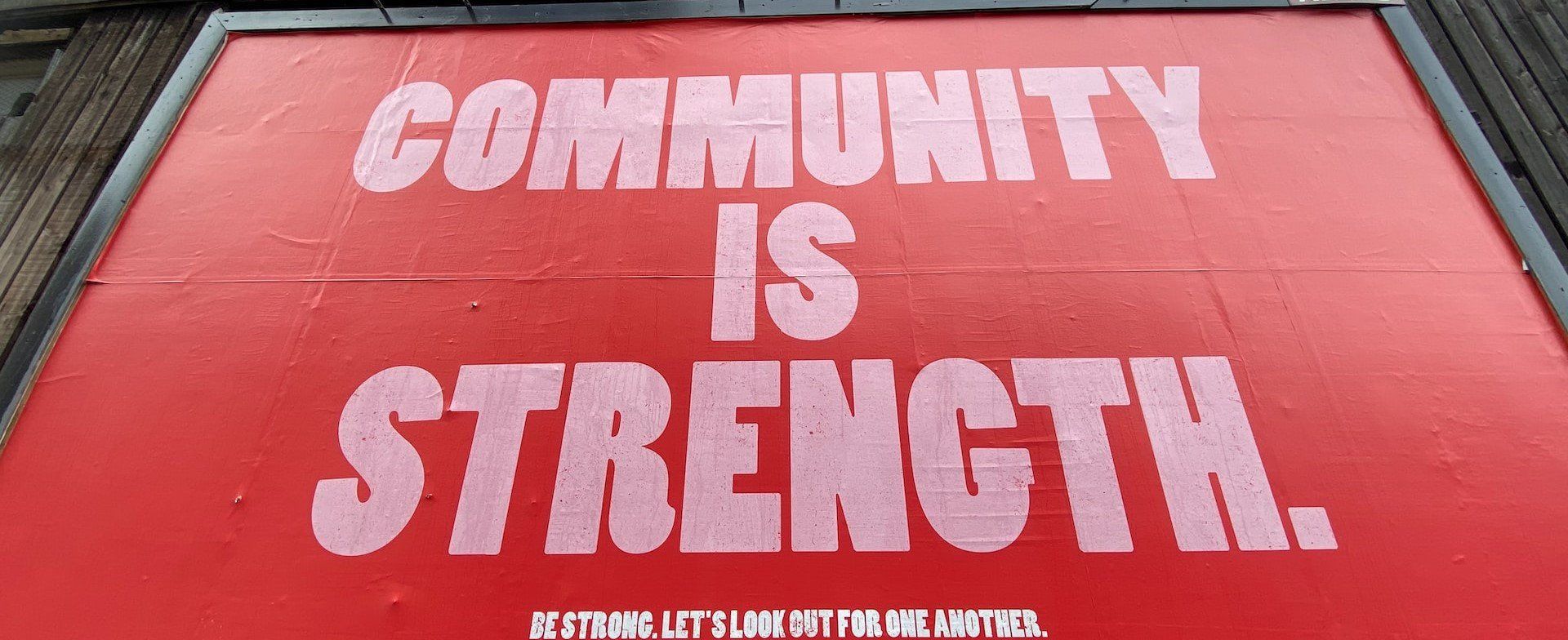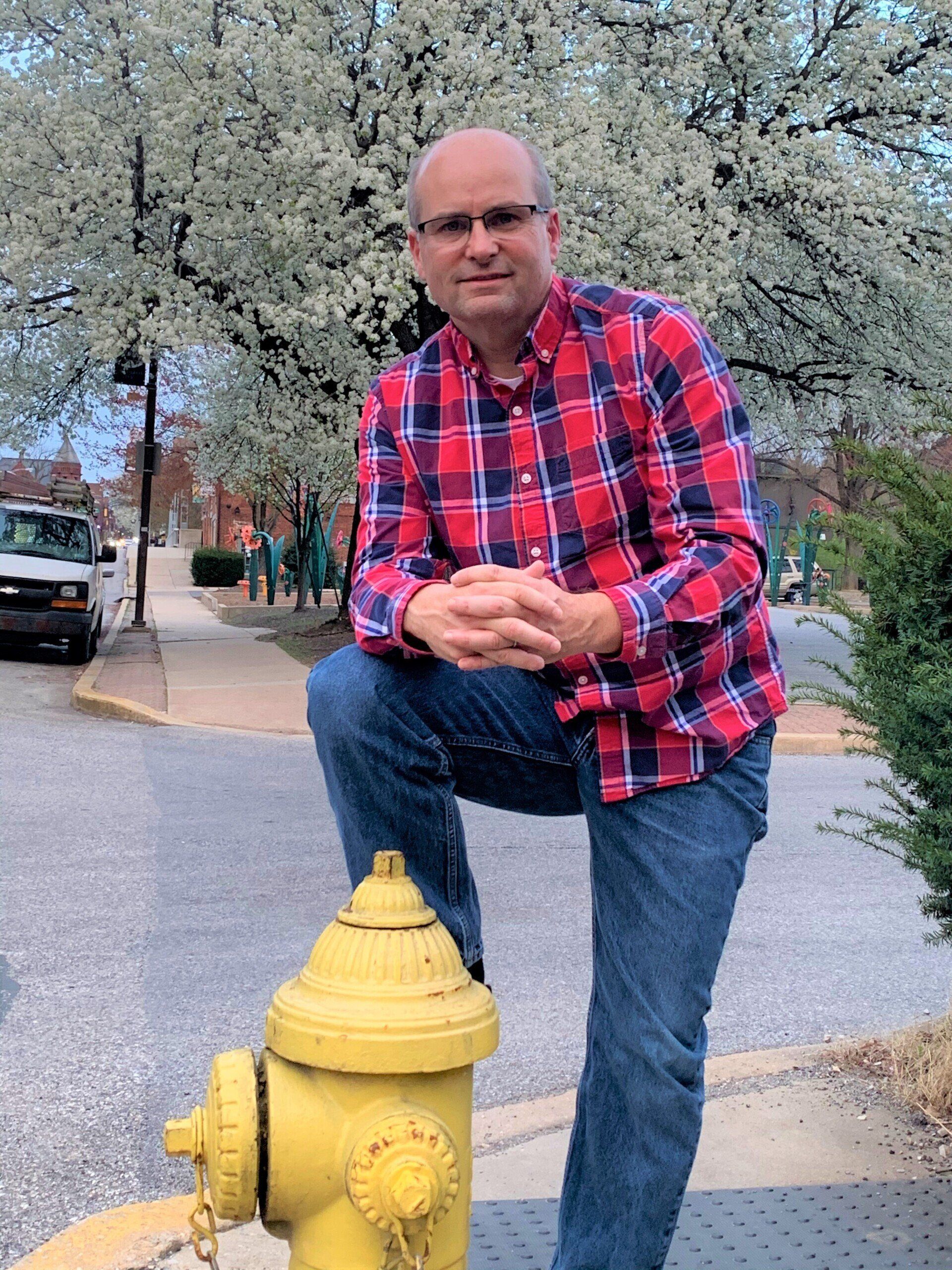Learn more about my book "The Courageous Ask"
Judging Others Can Stifle Leadership
We are judgmental people. It’s part of our human nature to one degree or another.
And snap judgments should be outlawed. We do it all of the time. It’s natural, almost automatic.
We make snap judgments based on a number of factors, but right at the outset of meeting someone, we do it based on appearance. Humans have done this inaccurately throughout all of history.
In his 1918 article in
The Psychological Review titled “Intelligence as Estimated from Photographs,” Rudolf Pintner describes a study in which he “investigated the relationship between people's snap judgments about the intelligence of children from their appearance, and the actual intelligence scores of these children.”
The study gathered together groups of physicians, psychologists, students, and teachers. These groups were shown pictures of 12 children who were ranked using the Yerkes-Bridge Scale and were ranked from very bright to feeble-minded.
The ranking by the groups of intelligence as based on appearance ranked very poorly. The study concluded that appearance is not a good indicator of intelligence.
I chose to use this study from the early 1900s to show the persistence and stubbornness of basic human nature. This is one study of many that shows human nature rarely changes.
(This blog focuses on starting a conversation centered on preventing the fall of nonprofit leaders. I write it from a Christian perspective, but all leaders will benefit. Be sure to sign up to receive these articles via email every Tuesday at
briankreeger.com as well as taking a look at previous blog articles. In addition to receiving these articles two days before they hit social media, you will receive the article "5 Early Indicators of a Christian Nonprofit Leadership Fall" along with the Contents, Introduction and the Appendix (My story) of my book,
The Courageous Ask: A Proactive Approach to Prevent the Fall of Christian Nonprofit Leaders.)
But we go on making judgments, especially snap judgments, don’t we?
Someone cuts you off in traffic, and all of a sudden, everything about the situation falls under judgment: the car they are driving, the upbringing and character of the driver, what the driver looks like, the cars around the incident, and the weather. It goes on and on. But you usually hear, “I did nothing wrong!”
(Anyone who has a teenage driver in their household understands this clearly. My son rear-ended three different vehicles in three different incidents, but it was always the other driver’s fault?!)
And it’s no different in church. Week after week, the same family with three children walks into church late, causing a commotion, and everything about them falls under judgment. What kind of parents are they? Look at the irresponsibility they are teaching their children. Surely, they could have gotten up earlier. What kind of parents were their parents? And then it hits spiritually: “I was really hearing God speak to me when they walked in late. When they come in late, it really creates a stumbling block for me.”
We tend to do the same to our leaders: “Why are they taking the ministry in that direction? Did you hear what they just said? What do they do all day? Look at the car they drive. Is that a tattoo? How can they afford that house? I hear [fill in the blank with gossip]. They did what? How do they still have a job?” And, of course, we get scriptural: “You know, they are just not being a good steward. I thought the body is the temple of the Holy Spirit. Pride comes before the fall.”
A number of studies and articles
published in journals indicate that judgments of people usually fall into three categories: morality, competence, and sociability.
Judgment of morality affects how we think of the other two. For instance, there may be someone you work with who is an incredibly social person who does a great job. But if you sense that there just isn’t something right with them morally, you are less likely to trust them socially, or you may doubt their competency.
Scripture is full of examples of improper judgment and cautions us against it repeatedly. God clearly wants us to apply compassion and understanding to others and always wants us to take the high road, especially when we don’t have all of the facts or don’t have the full context of a situation.
Have you heard the phrase, “If any one of you is without sin, let him be the first to throw a stone” (John 8:7)? In the first and second verses of Matthew 7, we read, “Do not judge, or you too will be judged. For in the same way you judge others, you will be judged, and with the measure you use, it will be measured to you.” And right below it, in Matthew 7:3, we find, “Why do you look at the speck of sawdust in your brother’s eye and pay no attention to the plank in your own eye?”
Just like the off-track Christian leader, it is hard to take that word that we hold so dear and get it from our heads to our hearts where the rubber meets the road. But we can do it, and we must.
I strongly believe that judgment
of the world around us and the people in it is part of the deal of our existence here, part of human nature. To begin with, we naturally judge people who seem different than us.
The key is how hard we battle those judgments as part of human nature when we deem them immoral, inappropriate, or incongruent with what we believe from a spiritual perspective or who we are. And we need to fight hard to bring those judgments in line.
One of the most dangerous, and most times inaccurate, judgments we tend to make is the judgment of someone’s motives.
The board made that decision because they want to see me fail.
The executive said that during his speech because they want the board to look stupid and uncooperative.
My spouse said that because they want me to look bad in front of the kids, so they can run the house.
My parents made me stay home Friday night because they don’t want me to be popular.
My boss did that because they want to hold me back.
These are all examples of how we judge the motives of others.
The presumed motive a person comes up with can either be positive or negative.
My experience has shown me
that the direction of a judgment of motives is based more on the person making the judgment than the person being judged. If the person making the judgment has a generally rosy view of life and people, the motive will be judged as positive and beneficial with good intentions. But if the person making the judgment has a sour outlook on life and people, the motive will most likely be judged as negative, devious, and perhaps manipulative.
Unfortunately, the latter happens way too often.
Many times this happens because of a lack of communication and relationship between leaders and others connected to the organization. As with many parts of human nature that can be potentially damaging to the board-leader relationship, judging motives on both ends can possibly be completely averted with increased communication.
“Over the years I have noticed that one of the chief ways people get into trouble with one another is by judging motives.” Those are the words of Dr. Jay Adams of the Institute for Nouthetic Studies. For almost 50 years, he was at the forefront of a movement calling pastors and other Christian workers back to the scriptures in their counseling ministries.
He goes on to say, “How seldom do we admit we are only guessing and do not really know what is going on in someone else's mind. We think and act as though we have the ability to read minds, but the fact is, we don't. The ability to read minds and motives belongs to God alone.”
But we tend to think we can surmise the motives of others, don’t we? The chances we are going to accurately determine someone’s motives as part of a snap judgment are low. But that is what we typically do, especially with our leaders.
Dr. Adams writes that “until the evidence proves otherwise, we are to make the loving interpretation of another's words or actions, always giving him or her the benefit of every doubt: ‘Love…. believes all things, hopes all things’ (1 Cor. 13:7).”
It is the rare person that can do this off the cuff. I hope that person is you.
We are judgmental people. Judgment can be used for the good of your organization and good judgment is desired and celebrated. But it can go down the wrong path, causing strife and drama within our organizations.
A great leader is able to judge the work and performance of the people on their team, and not the people themselves.
This is a battle we must all take on as leaders. Without the courage and focus to engage in the battle, leaders can find themselves in a difficult position. This can lead to loneliness and isolation for the leader, which can lead to a fall.
Be Courageous!
Be Proactive!
Be sure to sign up to receive these articles via email every Tuesday at
briankreeger.com. In addition to receiving these articles two days before they hit social media, you will receive the article "5 Early Indicators of a Christian Nonprofit Leadership Fall" along with the Contents, Introduction and the Appendix (My Story) of my book,
The Courageous Ask: A Proactive Approach to Prevent the Fall of Christian Nonprofit Leaders.
Colin Wayne Leach, Naomi Ellemers, and Manuela Barreto, “Group Virtue: The Importance of Morality (vs. Competence and Sociability) in the Positive Evaluation of In-Groups,” Journal of Personality and Social Psychology 93, no. 2 (August 2007): 234-49, https://doi.org/10.1037/0022-3514.93.2.234.
Jay E. Adams, “Motives,” Institute for Nouthetic Studies, 2018, http://www.nouthetic.org/motives.
#LeadershipFall #LeadershipSurvival #NonprofitRelationships #ProactiveApproach #LeadershipStruggles #LeadershipBattles #ChristianExecutiveLeader #ChristianLeader #CourageousAsk #Proactive #ProactiveLeadership #NonprofitLeadership #ExecutiveLeadership #JudgmentalPeople #LeadershipJudgment #JayAdams






